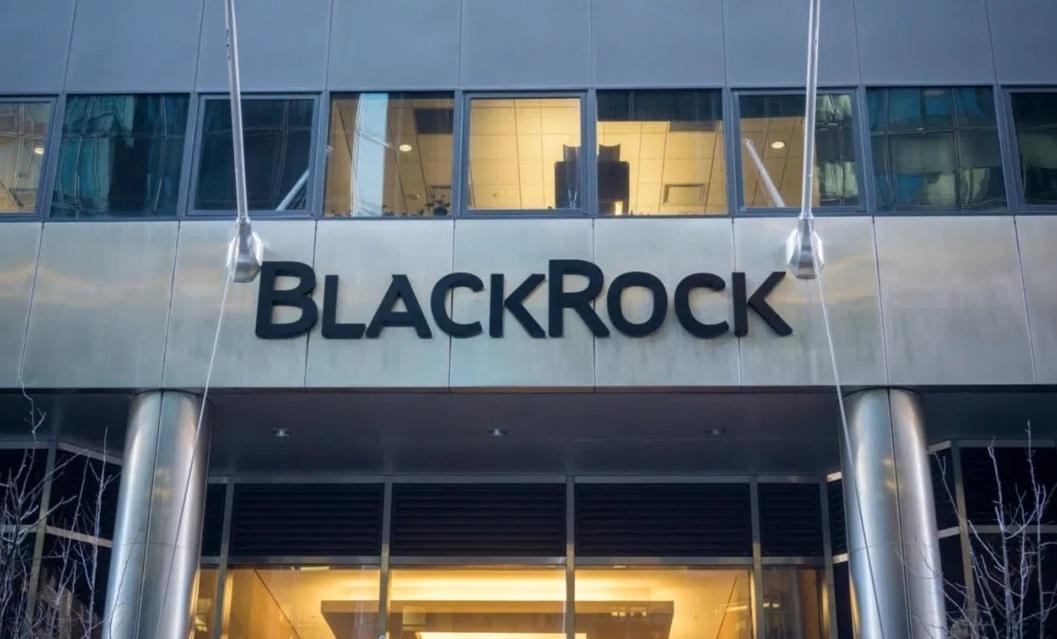BlackRock Strikes Back Against Climate Activism Claims
BlackRock has pushed back against allegations from Republican officials that it is pursuing a climate-focused agenda not aligned with its clients’ financial interests. In a letter to 19 state Attorney General, the investment giant argued that the claims are based on “misconceptions,” and that the politicians’ agenda may deprive investors of the ability to pursue compelling investment opportunities and impact their returns.
The letter, signed by BlackRock Head of External Affairs Dalia Blass, was sent in response to a letter from the Attorneys General sent in August accusing BlackRock of acting with “mixed motives” in its pursuit of an anti-fossil fuel and pro-net zero agenda, indicating “rampant violations” of its fiduciary duty to the states’ pension investors.
Claims made in the Republican officials’ letter included allegations that BlackRock appeared to be acting for a “social purpose” not aligned with a focus on financial returns, that through its participation in climate-focused investment associations such as the Net Zero Asset Managers initiative and in its stewardship activities it is forcing companies to phase out fossil fuels and align with net zero goals, and that the investment giant’s “actions appear to intentionally restrain and harm the competitiveness of the energy markets.”
The claims form part of a growing anti-ESG push by Republican politicians in the U.S., which has recently culminated in actions such as Florida passing a resolution to no longer allow ESG considerations to be used by fund managers for its $228 billion of pension funds, and Texas publishing a list of fund managers – including BlackRock, Credit Suisse, UBS and several others – slated for potential divestment from its pension funds, due to their strong ESG credentials and support for net zero investing and advocacy.
BlackRock has found itself at the center of many of these efforts. The investor has emerged over the past several years as a leading voice in the investment community on climate change and energy transition-related themes, but has been clear in its belief that these issues are considered from a fiduciary perspective, with clients’ long-term interests in mind.
In his landmark letter to CEOs in 2020 indicating that sustainability and climate issues would become a central consideration in the firm’s investment process, BlackRock CEO Larry Fink spelled out his rationale for this strategy, based on the reasoning that “climate risk is investment risk.” In his most recent annual CEO letter, Fink further detailed the climate-focused investment case, forecasting a “tectonic shift” in capital towards sustainable investing, and calling the decarbonization of the global economy “the greatest investment opportunity of our lifetime.”
While the firm has also set climate and sustainability issues as key engagement priorities, its key focus in engagement efforts and proxy voting in these areas has primarily been on disclosure and transparency. In fact, the firm supported fewer environmental, social and climate-related proposals in the 2022 proxy voting season, explaining that companies have made significant progress on improving disclosure, and describing many shareholder ESG-related proposals as “overly prescriptive,” or “unduly constraining on management.”
BlackRock’s response to the Attorneys General focuses on these key themes, and hits back at “misconceptions” raised about the firm, as well as what it called “several inaccurate statements” in the letter relating to the investor’s motivations for participating in ESG initiatives.
In the letter, Blass stresses that BlackRock’s climate focus is fully aligned with its fiduciary duty “to identify short- and long-term trends in the global economy that may affect our clients’ investments,” pointing out that governments representing the vast majority of global GDP have committed to move to net zero, and that companies and investors positioned appropriately on climate risk and energy transition themes will generate superior long-term financial returns.
BlackRock also disputed claims that it forces climate and emissions reduction compliance on companies, and that it “boycotts energy companies”. Blass wrote that “We do not, as suggested in your letter, dictate to companies what specific emission targets they should meet or what type of political lobbying they should pursue,” but focus engagement efforts instead on asking companies to “provide disclosures on material issues that impact their businesses.” The letter adds that BalckRock has hundreds of billions of dollars invested in energy companies globally and that its actions are “completely at odds with any notion of a boycott.”
Blass also pointed out that BlackRock has given its clients, including the states’ pension funds, the ability to pursue their own agendas in proxy voting. Last year, the firm introduced the BlackRock Voting Choice program, giving clients the ability to apply their own stewardship preferences if they wish.
The letter continues with an apparent strike back at the recent anti-ESG initiatives, which the firm implies may ultimately work against investors’ financial interests. Blass wrote that the firm is “disturbed by the emerging trend of political initiatives that sacrifice pension plans’ access to high-quality investments – and thereby jeopardize pensioners’ financial returns.”
Blass added that “we believe America’s retirees deserve access to the full range of investment options that help them meet their retirement goals, and we are troubled by recent efforts to use “anti-boycott” statutes to limit retirees’ options in meeting those goals.”





